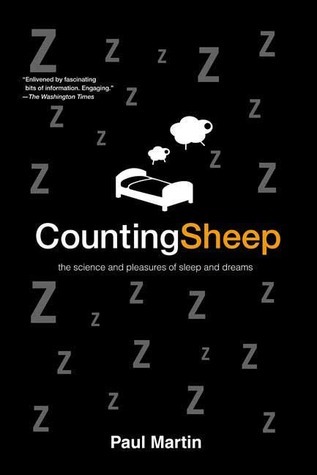What do you think?
Rate this book


432 pages, Paperback
First published January 1, 2002
Tired people, like drunk people, have a misplaced confidence in their own abilities. This dangerous trait was highlighted in an experiment in which students took cognitive tests after they had been deprived of sleep for 24 hours. Predictably, they performed worse than subjects who had slept well the night before. However, when asked to assess their own performance, the sleep-deprived subjects awarded themselves higher ratings than did the non-deprived subjects. Tiredness had marred their ability to appreciate their own inability.
Caffeine is a specific marker for human waste, because other species do not consume it, and American water engineers use caffeine traces to assess how well sewage disperses off the New England coast after it has been pumped into the sea.
The immune response to infection stimulates the release of chemical messenger substances that act on the brain to induce malaise, drowsiness, lack of appetite and sleep. During infection, a substance known as interleukin-1 stimulates the brain to induce deep sleep, while other interleukins trigger the fever that often accompanies infections. They do this by adjusting the brain’s temperature control centres – in effect, putting the body’s thermostat on a higher setting. That is why we feel hot and sleepy when we have a bad infection. The fever response is a defence mechanism found in all animals: the rise in body temperature makes life harder for the offending bacteria or viruses, and the lethargy forces the infected organism to curl up in a dark corner and sleep until it has recovered. It all makes good biological sense.
Sleep: a state so familiar yet so strange. It is the single most common form of human behaviour and you will spend a third of your life doing it - 25 years or more, all being well.
We are told that lying around and sleeping too much will only make us sleepier. But in truth we feel sleepy at weekends and on holidays not because we are sleeping too much, but because we have slept too little the rest of the time.
... so-called microsleeps, lasting anything up to a minute, often go unnoticed.